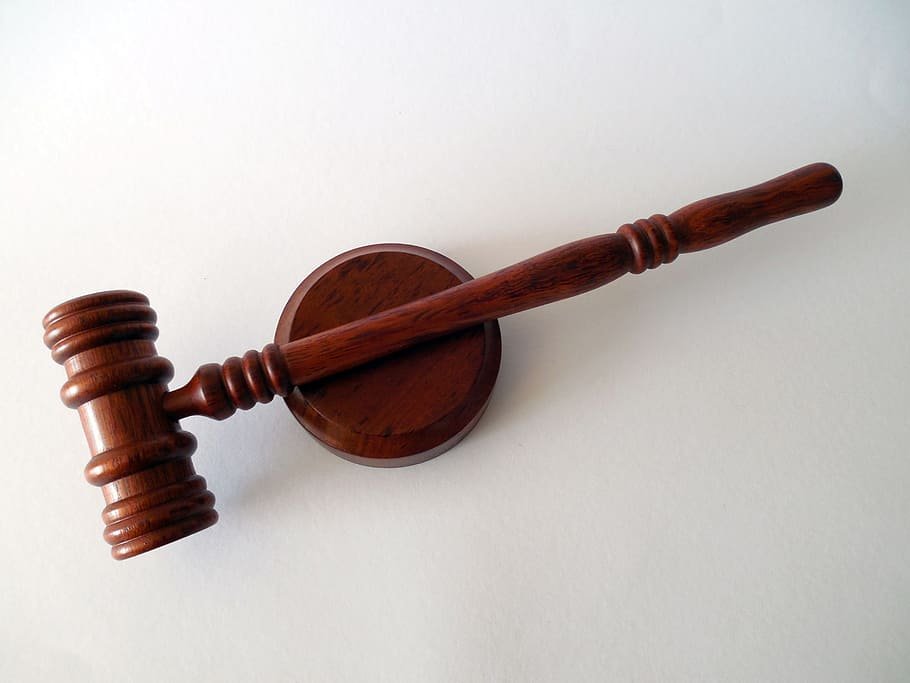
According to new data from Statista on the scale of the global iGaming sector, the size of the marketplace could be worth almost $93 billion by 2023. That’s up from $58.9 billion in 2019.
The iGaming market consists of online gambling operators that provide the full scale of sports and casino betting, as well as card games like poker. Rapid technological advancements in this industry, including the revolution of live dealer casinos with high-definition (HD) real-time action, combined with the accelerated digitization of the consumer world helps to underpin the growing confidence in the sector’s growth.

However, industry growth brings additional challenges for consumers and legislators. As more online casino operators attempt to take their own slice of the iGaming pie, players may sign up with sites that don’t offer the same caliber of gameplay and security as their well-established counterparts. To determine the best online casinos we must assess the legitimacy of an operator’s licensing and whether the iGaming jurisdiction overseeing its online games is worth the paper it is written on.
With that in mind, let’s take a look at the most influential iGaming jurisdictions around the world that are bringing safe and reputable online gambling to our desktop and mobile screens:
Malta Gaming Authority (MGA)
For several years now, Malta has been considered the ‘hub’ of iGaming in the continent of Europe. The MGA was established in 1996, becoming the first member state of the European Union (EU) to regulate online gambling activities. It has since grown to become one of the most stringent iGaming jurisdictions on the planet, with its notable four-stage application process to determine fit and proper operators and fair, transparent gaming.
UK Gambling Commission (UKGC)
The UKGC was formed in 2007 as a long-term replacement for the Gaming Board for Great Britain. The UKGC has been licensing UK-based operators as well as overseas iGaming operators ever since. It is a respected jurisdiction that’s currently at the forefront of the campaign for responsible gambling activity, with its new Betting and Gaming Council has given a clear remit of tackling vulnerable gamers.
Kahnawake Gaming Commission (KGC)
In Canada and North America, the KGC is playing an increasingly influential role in the licensing of emerging iGaming brands. Like the MGA, the KGC was established in 1996, but it was another three years until it would finally enact legislation surrounding online gambling. The KGC is well-known for its pursuit of ensuring fair treatment for all iGaming customers from licensed operators. It has provided a platform for US gambling legislation to follow too, as more states vote to legalize online betting once more.
Alderney Gambling Control Commission (AGCC)
Located in the British Channel, Alderney has not only become a major player in offshore finance, but its AGCC also upholds the most stringent international standards for iGaming. Licensees with the AGCC are legally obliged to report on the return to player (RTP) figures on every single casino game they offer, whilst undergoing independent periodic testing to ensure 100% fairness and transparency for all bettors.
Some iGaming jurisdictions adopt a more ‘laissez-faire’ attitude towards their licensing. The Curacao e-Gaming Licensing Authority is a case in point, given that it opts not to get involved in disputes between licensed operators and their customers.
With no oversight from the gaming authority, consumers are asked to tread carefully when registering with operators licensed by these such jurisdictions. However, as this article proves, there are plenty of regulatory bodies you can trust for reputable online gaming.



